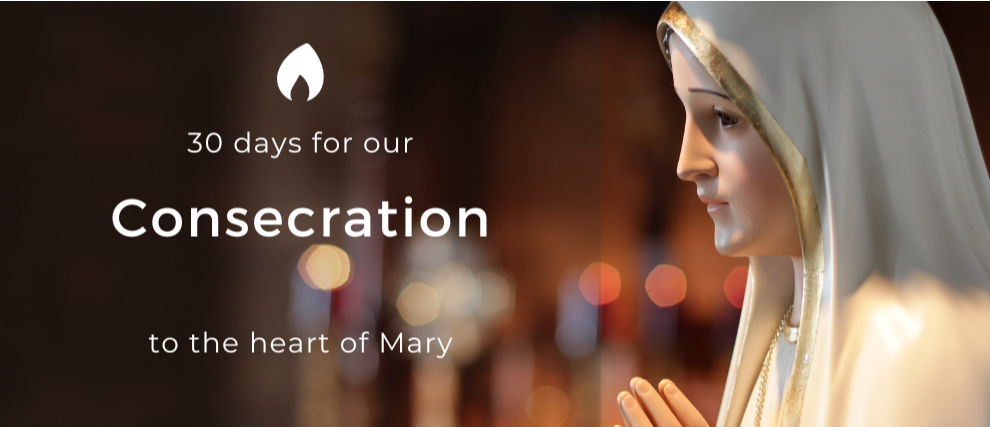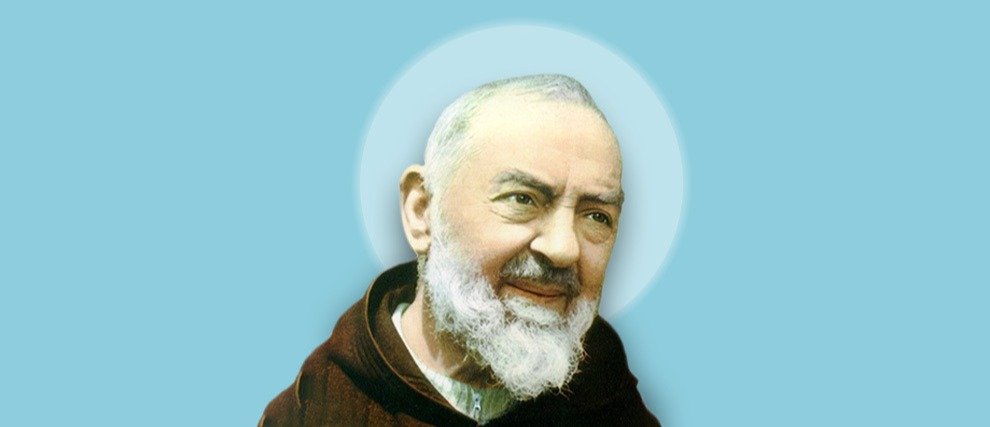Saint Francis of Assisi
Biography of François of Assisi
Giovanni Bernardone was born in Assisi, Italy, in 1181. His mother baptized him Giovanni. His father, Pietro di Bernardone, a wealthy cloth merchant returning from a business trip to France, called his son Francesco, "little Frenchman". He grew up through the political events of his country, went into battle in 1202 and was taken prisoner, fell ill, and had difficulty recovering. In 1205, he nourished the hope of achieving great military feats, but once he left, he had a new dream that invited him to renounce his dreams of war in order to follow Christ. Back in Assisi, he began his spiritual awakening. One day, as he was praying before a crucifix, he heard a voice asking him to "repair his ruined church." Taking the order literally, François will set about restoring ruined chapels and churches. He also devoted himself to the lepers and after some time two bourgeois of Assisi joined him.
From 1208, Francis decided to live by following the Gospel and began the itinerant preaching with the small group of the Penitents of Assisi, which then had twelve members. Francis went to Rome to receive the approval of Pope Innocent III. He was initially suspicious but approved of the “way of life" and authorized the small group to preach penance. This "evangelical brotherhood" met with rapid success. In 1212, François welcomed Claire Offreduccio, who would become Saint Clare of Assisi, and founded with her the Order of the Poor Ladies, later called the Poor Clares.
In 1217 some brothers were sent outside Italy. Francis left for France but stopped in Florence. Two years later, he left for the East, desiring to visit the holy land, find the crusaders, and die a martyr. In 1219, Francis met the Sultan Malik-al-Kamil in Damietta, Egypt. The following year, five brothers died martyrs in Morocco, Saint Anthony of Padua joined the Franciscan family. The order of Francis became more institutionalized, Francis drafted an initial code for the Friars Minor, which would be deemed inadmissible.
In 1222, at the request of the laity, Francis created another order, today called the Secular Franciscan Fraternity. A year later, he retired to a hermitage and resumed drafting a code. This time it was approved by Pope Honorius III's "Solet Annuere". In this year 1223, Francis celebrated Christmas in Greccio; that was the first time that he was seen with a crib. Shortly after this, Francis fell ill and retired again into solitude and drafted the code for hermitages. At the monastery of the Alverne, he received the stigmata. Often ill, he took refuge in a hut near the San Damiano chapel. Having become blind, in 1225, he wrote the Song of Brother Sun or Song of Creatures.
Francis died in Assisi on October 4, 1226, and was canonized two years later in 1228 by Gregory IX. His tomb is today in the Basilica of Saint Francis. Saint Francis is celebrated on the day of his birth in Heaven, on October 4. He is the patron saint of Italy, animals, ecology, and Cubs.
Miracles of Saint Francis
The Church has recognized more than forty miracles of Saint Francis, related by Saint Bonaventure. The walls of the Basilica of Assisi are covered with the frescoes of the life of Saint Francis. They were made by Giotto di Bondone in the 13th century. In particular, he recounts twelve miracles of Saint Francis, some of which are as follows:
- The Bird Sermon: One day Francis saw many birds in a field. He ran towards them and instead of flying away, they waited for him. He said to them: “May the Lord give you peace! Brothers the birds, you have much to praise your Creator and to love him. He gave you wings. To you, space, sky and freedom. " The birds listened to this, manifesting their joy by chirping and flapping their wings.
- Saint Francis drives out the demons from the city of Arezzo: One day the town of Arezzo was in a riot. Francis, passing by, saw demons above the city, dancing like madmen and bringing the inhabitants to fight. He said to Brother Sylvestre: "Go before the gates of the city and command the demons, from the mighty God, to flee as soon as possible." Immediately, the demons fled, and the city found peace.
- The Ecstasy of Saint Francis: Brothers one day surprised Brother Francis in prayer, arms crossed, levitating and radiating with a striking light.
- The Miracle of the Source: Too weak to make the road on foot, François went to Alverne on a donkey pulled by a peasant. Halfway, the exhausted peasant exclaims: “I can't take it anymore, I'm dying of thirst.” With compassion, Francis descended from the donkey, knelt, prayed, and then said to the peasant: “Run to that rock. The Lord has just made a spring of living water spring out of it.” Indeed, the peasant rushes to drink it greedily.
- The Healing of the Wounded of Lleida: Jean, a man from Lleida in Catalonia, was dying after being struck with a sword by a stranger. Having great confidence in Saint Francis, John repeated his name, moaning in the midst of his sufferings. And behold, a man stood before him, clothed as a younger brother, and said, “God saves you because you trusted me.” He approached the patient, took off the bandages, and touched his wounds. The wounds were healing. When the miraculous man asked his name, he replied, “I am Francis.”
Works by Francis of Assisi
The writings of Saint Francis are the surest source to know him, they present the stages of his thought and his spiritual development. They also make it possible to know the beginnings of the work he founded, since these are the first Franciscan documents available. These writings are written by Francis, alone or in collaboration, they bring together:
- Prayer: there are many prayers and praises written by Francis of Assisi.
- The exhortations: the admonitions of Saint Francis are the words he addressed to the brothers. It is spiritual advice, advice, orders, remonstrances. It can be said that this is the "sermon on the mount" of Saint Francis.
- Letters: The letter to "all the faithful", a true "encyclical" reminds all the faithful of the requirements and wonders of the Gospel.
- The rule: the final rule, "second rule", written in 1223 is the one that currently still governs the Order of Friars Minor, it is the one that the Franciscans profess to observe.
- The will: dictated at the end of his life, during his last illness. In these paragraphs, Francis retraces his spiritual path and reaffirms the ideal to which he devoted his life: poverty. He evokes the risk of deviating from his ideal.
Praying to Saint Francis of Assisi
Prayer of Saint Francis of Assisi
- Morning Prayer
“Lord, in the silence of this nascent day, I come to ask you for peace, wisdom and strength. I want to look at the world today with eyes full of love; to be patient, understanding, gentle and wise; to see your children beyond appearances, as you see them yourself, and thus to see only good in each one. Close my ears to all slander, keep my tongue from all malice, and let only the thoughts that bless remain in my mind. May I be so benevolent and joyful that all who come to me feel your power and your presence. Put your beauty on me, Lord, and I will reveal it to you all day long.
So be it.”
- Lord, make me an instrument of your peace
“Lord, make me an instrument of your peace.
Where there is hatred, that I put love.
Where there is offense, let me pardon.
Wherever there is doubt, let me put my faith.
Where there is despair, may I bring hope.
Where the darkness is, let me light it up.
Where there is sadness, let me bring joy.
O Lord, whom I do not seek so much
to be consoled than to be consoled,
to be understood than to understand,
to be loved than to love.
For it is by giving that one receives,
it is by forgiveness that we are forgiven,
and it is in dying that one is raised to life
eternal.
Amen”
Novena Prayer of Saint Francis of Assisi
- , to grow in prayer and praise.

